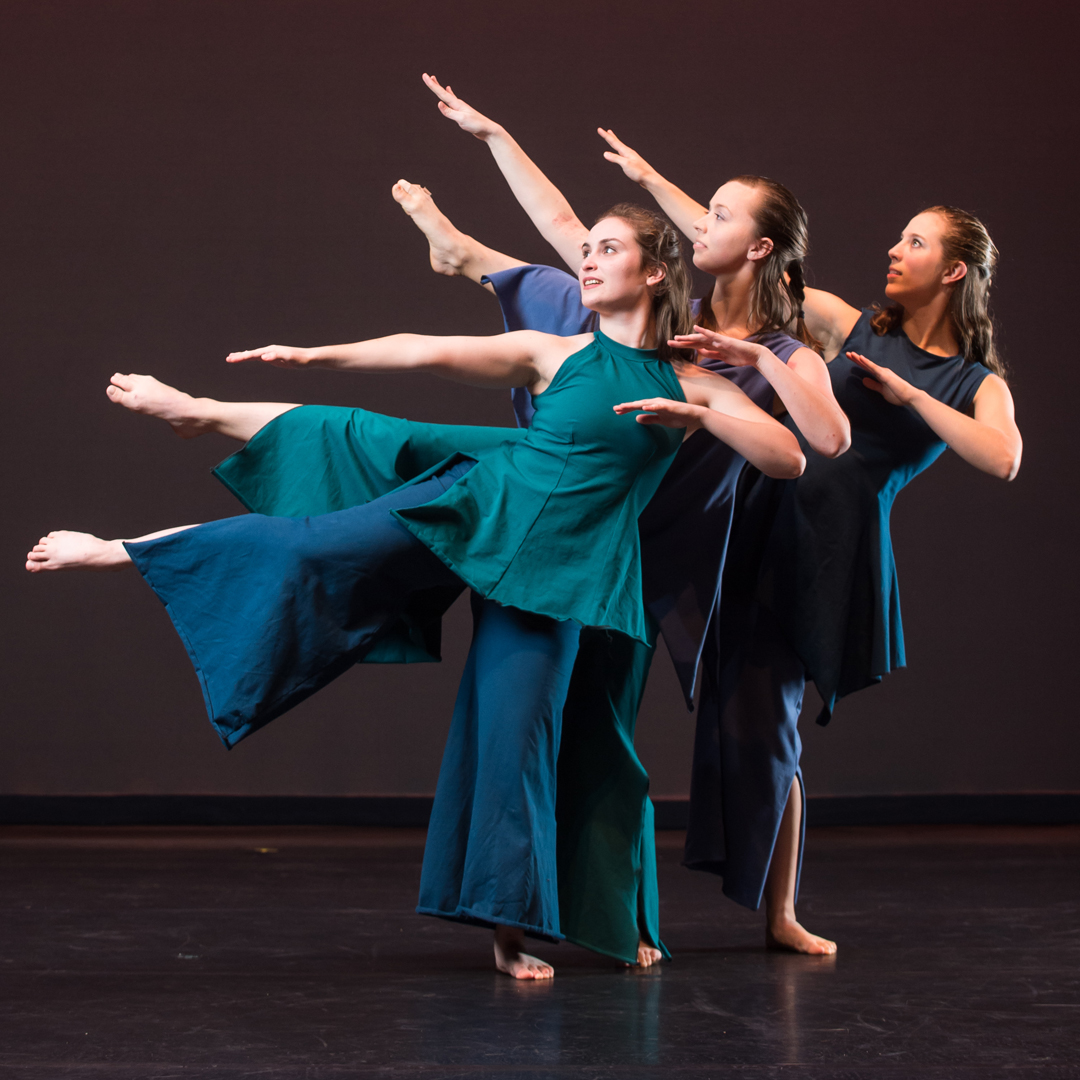Mission Statement

The Department of Theatre & Dance develops culturally competent creative citizens who pursue multiple ways to know and articulate truths about the world through the study and practice of performance. The curriculum melds intensive studio training and substantive critical analysis in the liberal arts tradition.
The departmental production season affords further opportunities for the embodied application of artmaking in the public arena. We aim to produce flexible, rigorous artist-thinkers who can contribute to the greater good. Our course offerings and productions embrace diverse aesthetic forms drawn from various performance techniques, historical eras, and cultural traditions.
Collaboration is our core value and the foundation of the program. Faculty, staff, and students join together to create a spirited department characterized by trust, personal responsibility, healthy risk-taking, and mutual respect. Ultimately, the department equips students with the intellectual, artistic, and interpersonal skills to comprehend and adapt to a changing world and in turn remake it as independent thinkers, citizens, and creators.
Learning Goals
- Dance. Explore a variety of movement techniques and reflect on embodied practices.
- Research. Investigate and analyze bodies in motion through physical and written scholarship and composition.
- Cultivate community. Develop multicultural competencies and build communication and interdisciplinary collaboration skills.
- Foster citizen-artists. Inspire and engage in ethical change through critical-creative advocacy.
